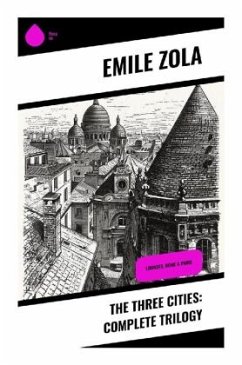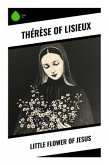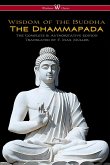Emile Zola's "The Three Cities: Complete Trilogy" is a profound exploration of modern society through the lens of three pivotal urban settings: Paris, Rome, and Lourdes. Zola masterfully weaves social realism with a rich narrative style that captures the struggles and contradictions of contemporary life. Each city serves as a backdrop for the unfolding human drama, reflecting Zola's preoccupation with the impact of industrialization, faith, and human suffering. This trilogy not only continues his investigation into naturalism but also critiques religious institutions and societal values, echoing the author's concerns about moral and spiritual vacuity in a rapidly changing world. Emile Zola, a prominent figure in 19th-century French literature, was a key proponent of the naturalist movement, which sought to depict life with scientific accuracy and objectivity. Having witnessed the impact of societal issues such as poverty and industrial labor on the human condition, Zola drew on his experiences to craft a narrative that examines the intimate connections between individuals and their environments. His own background-marked by social observation and personal trials-greatly informed the thematic depth and moral urgency of the trilogy. This trilogy is a must-read for anyone seeking to understand the complexities of human existence against the backdrop of urban life. Zola's vivid characterizations and unflinching social critique make this work both timeless and relevant, inviting readers to reflect on their own lives within the framework of shifting societal norms and values.
Bitte wählen Sie Ihr Anliegen aus.
Rechnungen
Retourenschein anfordern
Bestellstatus
Storno








